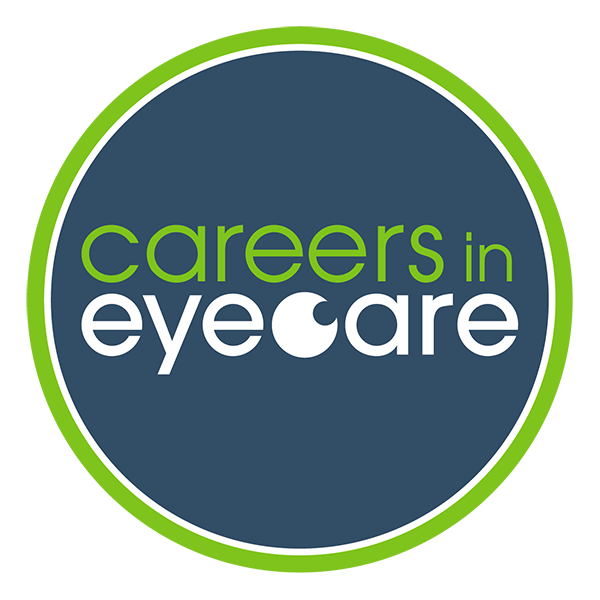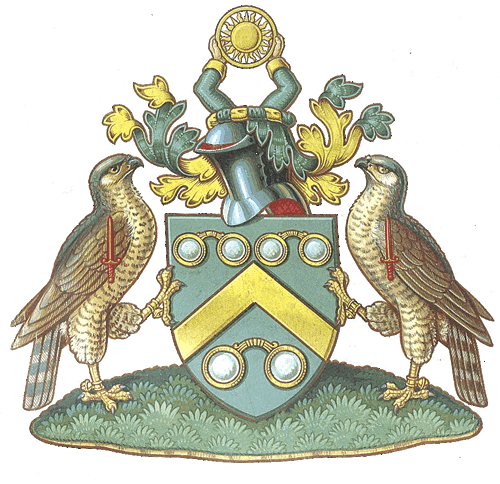See how to become a low vision optician with our career guide
What is a low vision optician?
People who are blind or partially sighted often have some remaining vision. A low vision optician is a specialist in providing low vision aids and advice on how to use them. Low vision simply means not being able to see as well as most other people even when you’re wearing glasses or contact lenses. A low vision optician is a specialist in providing low vision aids to people who are blind or partially sighed. They will also give advice on how best to use the aids. Beyond that, they will discuss the person’s life and activities they would like to do and help them achieve their goals. This could be through providing or advising on better lighting. A low vision optician can also advise on special items to help, such as a liquid level indicator to help someone make a cup of tea. They can provide or advise on adapted items such as phones with larger keys. They will also be able to link the person with low vision with other support.
What do you get from this role?
Becoming a low vision optician is immensely rewarding. You will get a job where you can help people every day in return for your salary. The role is flexible: you can opt to work full or part time. You may choose to work in high street optical practice, in a hospital low vision service, or for a local society for blind and partially sighted people.
What do you need to apply?
In order to become a low vision optician you need to first train as a dispensing optician. You need 5 GCSEs in grades 4-9 or A-C. These must include English, Maths and Science. If you have five years or more experience in optical practice can apply with just English and Maths GCSE grade A-C (4 to 9 from 2017). Access courses are available for those without the right qualifications.
During your training you should make the most of every chance to work with and support people with low vision. You can then apply for further training in low vision which will take a year to 18 months.
How does the low vision optician training work?
You can become a low vision optician while you work. You can opt to complete a three-year distance learning course to become a dispensing optician, including a four-week residential block, or a three-year, day release course. There is also the option to take a two-year, full-time diploma course, followed by one year working under supervision. You will then sign up for a low vision specialist course which will involve online assignments, gathering case studies, and some face to face classes.
What skills do you need?
Becoming a low vision optician requires compassion and patience as you interact with people daily, many of whom may be elderly. You should enjoy a challenge and be interested in science and technology as you learn about lenses and stay on top of developing technology to help people with low vision.
What does your working day look like?
A low vision optician may work in an optical practice or hospital and have patients coming in for booked appointments to see you for assessment, advice and equipment. You will also see people for follow up to find out how they are getting on and offer further advice. You will need to communicate with other professionals about the people you have seen: this may involve contacting social services for further support, or other health professionals if you see signs that someone’s eye condition is changing.







